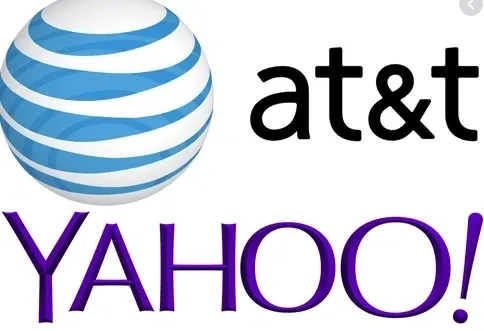Introduction:
In the early days of the internet, Yahoo and Bellsouth Email were among the pioneering email service providers that shaped the way we communicate online. However, as technology rapidly advanced and new players entered the market, both Yahoo and Bellsouth Email faced significant challenges. In this article, we will explore the rise and fall of these email services, examining the factors that contributed to their success and eventual decline.
- The Rise of Yahoo Email Yahoo Email emerged in the 1990s as one of the first web-based email providers. It offered users a convenient way to send and receive messages without relying on traditional client-based email applications. Yahoo’s user-friendly interface, robust features, and integration with other Yahoo services such as search and news made it a popular choice for millions of users worldwide. With its extensive user base, Yahoo Email became synonymous with webmail and played a pivotal role in shaping the early internet experience.
II. Bellsouth Email:
A Local Email Service Provider Bellsouth Email, on the other hand, was a regional email service offered by Bellsouth Corporation, a telecommunications company in the United States. Initially, Bellsouth Email primarily catered to its existing customer base, providing them with email addresses linked to their Bellsouth internet service. While it didn’t achieve the global reach of Yahoo Email, Bellsouth Email served as a reliable communication tool for its users in the southern states.
III. Challenges Faced By Yahoo And Bellsouth Email
- Technological Advancements: As technology progressed, new webmail providers emerged, offering advanced features and improved user experiences. Yahoo and Bellsouth Email struggled to keep up with the evolving demands of users who sought faster, more intuitive email platforms.
- Competition from Giants: Yahoo and Bellsouth Email faced fierce competition from internet giants like Google, Microsoft, and Apple, who invested heavily in developing their email services. These companies leveraged their vast resources and integrated their email platforms with other popular services, further diminishing Yahoo and Bellsouth Email’s market share.
- Security and Privacy Concerns: Over time, cyber threats and privacy breaches became major concerns for email users. Yahoo faced a significant setback in 2013 when it suffered a massive data breach, compromising the personal information of billions of users. This incident, coupled with other security lapses, eroded user trust in Yahoo’s email service.
- The Decline and Legacy Despite efforts to revamp their platforms, both Yahoo and Bellsouth Email struggled to remain competitive. Yahoo Email saw a decline in user engagement and market share, eventually being acquired by Verizon Communications in 2017. Bellsouth Email, too, faced a similar fate as Bellsouth Corporation merged with AT&T, resulting in the phasing out of the Bellsouth brand.
Conclusion:
The rise and fall of Yahoo and Bellsouth Email illustrate the dynamic nature of the internet landscape. While these email services played a pivotal role in shaping online communication, they were unable to adapt to changing user expectations and the intense competition in the industry. As technology continues to evolve, it is essential for companies to continually innovate and prioritize user security and privacy to stay relevant in the ever-changing digital world.
FAQs:
Q1: Are Yahoo and Bellsouth Email still operational? A1: Yahoo Email is still operational under the ownership of Verizon Communications. However, the Bellsouth Email service was phased out following the merger of Bellsouth Corporation with AT&T.
Q2: What alternatives are available for Yahoo and Bellsouth Email users? A2: For Yahoo Email users, alternative email service providers like Gmail (Google), Outlook.com (Microsoft), and iCloud Mail (Apple) offer feature-rich and secure email platforms. Bellsouth Email users can transition to AT&T Email or explore other popular email providers based on their preferences and requirements.

